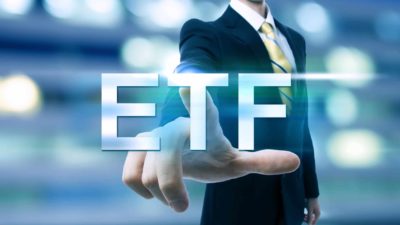The rise of the exchange-traded fund (ETF) has been one of the most prominent investing themes of the ASX over the past decade or so.
From the humble beginnings of the index fund, ASX ETFs now cover almost every sector and theme imaginable on the share market. ETFs have also exploded in popularity in recent years. In fact, 2021 was the best year ever for the sector which saw both record inflows and funds under management.
But one investing expert is sounding the warning bell for ASX ETF investors.
Investment strategist and former chief investment officer at JB Were, Giselle Roux recently appeared on The Australian's Money Cafe podcast to discuss the emergence of ETFs in Australia.
She made some interesting points about the modern structure of the ETF market.
So a common misconception amongst some investors is that ETFs are all structured in a similar way, or even that all ETFs are index funds. That was perhaps more or less true once upon a time but is certainly not in 2022.
The rise of the 'active ETF' poses challenges
Roux said that the ETF sector has been increasingly seeing more 'active ETFs'. These ETFs function in a manner similar to a managed fund, rather than an index fund.
Roux called out this phenomenon as 'trying to have the best of both worlds'. She explained that they harness the 'passive-nature' reputation of ETFs but use active stock selection to build portfolios.
Roux said:
What you have seen is the ETF space had diversified to where in many cases a lot of the ETFs currently on offer are arguably active funds, because they have narrowed their universe to a set of companies in an industry or to a factor… Then you're starting to muddy the water between the purest ETF, a simple index tracker… versus an active manager that does fundamental research and makes a decision on stocks that is not based on an algorithm.
She pointed to how ETFs such as the BetaShares Robotics and Automation ETF (ASX: RBTZ) and the ETFS S&P Biotech ETF (ASX: CURE) have recently taken tumbles far nastier than the S&P/ASX 200 Index (ASX: XJO) as an example of this playing out.
Roux stated that some of these 'thematic ETFs' hold very concentrated portfolios. This can give the provider liquidity issues if there are large volumes of inflows or outflows at any given time.
So, some things to think about when you're considering your next ASX ETF investment!









